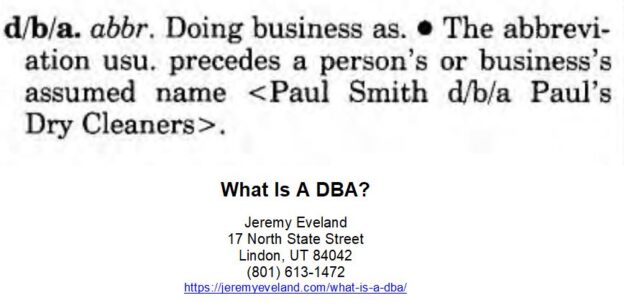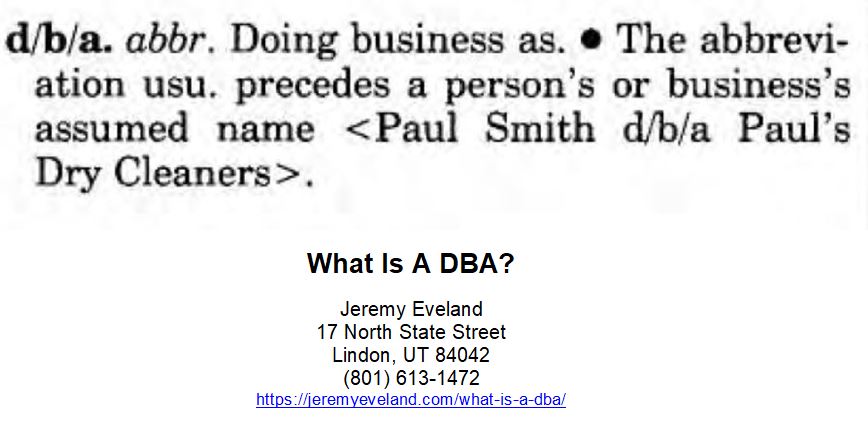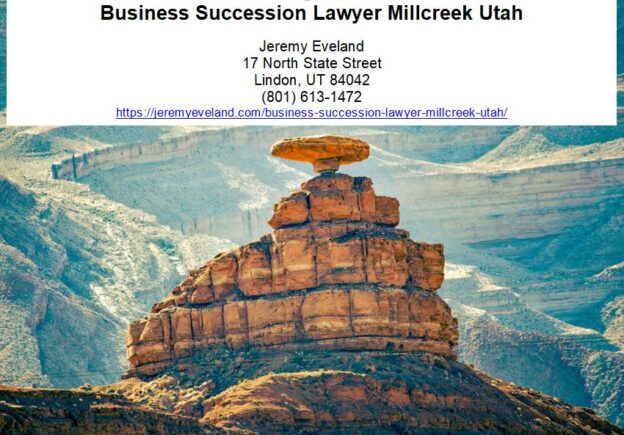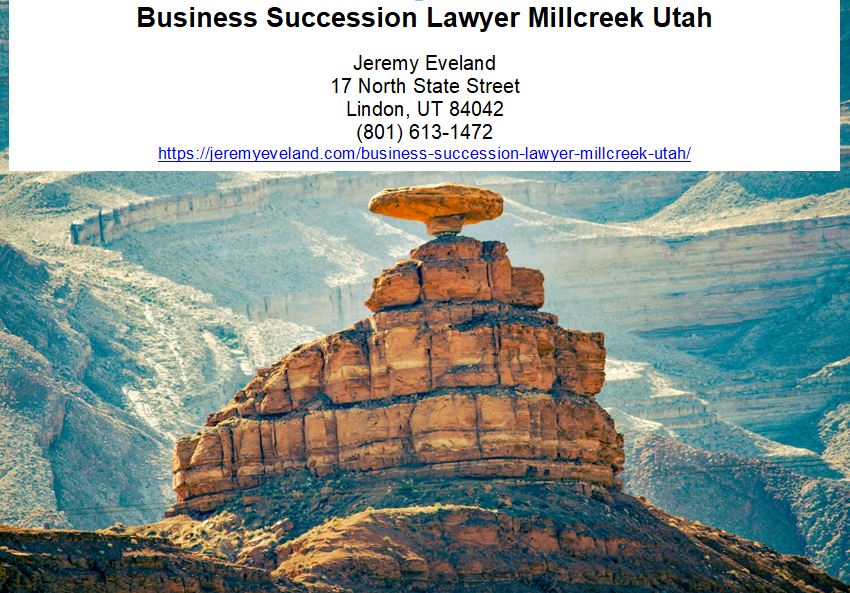Do I Need A Permit To Start A Business In Utah?
TLDR: The truth is you should always speak with a business lawyer in your area to be sure you have all the required licenses and permits prior to starting a business.
-
Legal Topics
- Introduction
- What Are the Benefits of Obtaining a Business Permit in Utah?
- What Are the Fees Associated with Obtaining a Business Permit in Utah?
- Understanding the Different Types of Business Licenses in Utah
- How to Obtain a Business Permit in Utah
- What Types of Businesses Require a Permit to Operate in Utah?
- Q&A
“Start Your Utah Business Right – Get the Permit You Need!”
Introduction
Starting a business in Utah can be an exciting and rewarding experience. However, it is important to understand the legal requirements for doing so. Depending on the type of business you are starting, you may need to obtain a permit from the state of Utah. This article will provide an overview of the types of permits that may be required to start a business in Utah, as well as the process for obtaining them.
What Are the Benefits of Obtaining a Business Permit in Utah?
Obtaining a business permit in Utah is an important step for any business owner. A business permit is required for any business that operates within the state of Utah. It is important to understand the benefits of obtaining a business permit in Utah in order to ensure that your business is compliant with all applicable laws and regulations.
The primary benefit of obtaining a business permit in Utah is that it allows your business to operate legally. A business permit is required for any business that operates within the state of Utah, and it is important to ensure that your business is compliant with all applicable laws and regulations. By obtaining a business permit, you are ensuring that your business is operating in accordance with the laws and regulations of the state.
Another benefit of obtaining a business permit in Utah is that it allows you to access certain resources and services. For example, businesses that obtain a business permit in Utah are eligible for certain tax incentives and grants. Additionally, businesses that obtain a business permit in Utah are eligible for certain business loans and other financing options.
Finally, obtaining a business permit in Utah can help to protect your business from potential legal issues. By obtaining a business permit, you are ensuring that your business is operating in accordance with the laws and regulations of the state. This can help to protect your business from potential legal issues that may arise in the future.
In conclusion, obtaining a business permit in Utah is an important step for any business owner. It is important to understand the benefits of obtaining a business permit in Utah in order to ensure that your business is compliant with all applicable laws and regulations. By obtaining a business permit, you are ensuring that your business is operating in accordance with the laws and regulations of the state, accessing certain resources and services, and protecting your business from potential legal issues.
What Are the Fees Associated with Obtaining a Business Permit in Utah?
Obtaining a business permit in Utah requires payment of various fees. The exact fees depend on the type of business and the location of the business.
For businesses located in unincorporated areas of Utah, the fees are as follows:
• Business License Fee: $25
• Business License Renewal Fee: $25
• Business License Transfer Fee: $25
• Business License Late Fee: $25
• Business License Reinstatement Fee: $25
For businesses located in incorporated areas of Utah, the fees are as follows:
• Business License Fee: $50
• Business License Renewal Fee: $50
• Business License Transfer Fee: $50
• Business License Late Fee: $50
• Business License Reinstatement Fee: $50
In addition to the above fees, businesses may also be required to pay additional fees for special permits or licenses. These fees vary depending on the type of business and the location of the business. Also, when you read this article, the prices may have changed. Prices always seem to change due to inflation or something, right?
You can register yourself if you want to by clicking this link here or going to the Utah Department of Commerce Directly.
It is important to note that all fees are subject to change without notice. It is recommended that businesses contact their local government office to confirm the exact fees associated with obtaining a business permit in Utah.
Understanding the Different Types of Business Licenses in Utah
Utah businesses must obtain the appropriate licenses and permits to operate legally. Depending on the type of business, the requirements for obtaining a license may vary. This article will provide an overview of the different types of business licenses available in Utah.
Sales Tax License: All businesses that sell tangible goods in Utah must obtain a sales tax license. This license allows businesses to collect and remit sales tax to the Utah State Tax Commission. Businesses must register for a sales tax license within 20 days of beginning operations.
Employer Identification Number (EIN): All businesses that have employees must obtain an EIN from the Internal Revenue Service (IRS). An EIN is a unique nine-digit number that identifies a business for tax purposes.
Business License: All businesses operating in Utah must obtain a business license from the Utah Department of Commerce. This license is required for businesses that are not required to obtain a sales tax license.
Professional License: Certain professions, such as doctors, lawyers, dentists, and accountants, must obtain a professional license from the Utah Division of Occupational and Professional Licensing. This license is required for any business that provides professional services.
Alcoholic Beverage License: Businesses that sell alcoholic beverages must obtain an alcoholic beverage license from the Utah Department of Alcoholic Beverage Control. This license is required for businesses that sell beer, wine, and spirits.
Food Service License: Businesses that prepare and serve food must obtain a food service license from the Utah Department of Health. This license is required for restaurants, catering businesses, and other food service establishments.
These are the most common types of business licenses available in Utah. Depending on the type of business, additional licenses may be required. It is important to research the specific requirements for your business to ensure that you are in compliance with all applicable laws and regulations.
How to Obtain a Business Permit in Utah
Obtaining a business permit in Utah is a straightforward process that requires the completion of a few simple steps.
First, you must determine the type of business you are operating. This will determine the type of permit you need to obtain. For example, if you are operating a restaurant, you will need to obtain a food service permit.
Second, you must register your business with the Utah Department of Commerce. This can be done online or in person. You will need to provide information about your business, such as its name, address, and type of business.
Third, you must obtain the necessary permits and licenses from the appropriate state and local agencies. Depending on the type of business you are operating, you may need to obtain a sales tax license, a business license, or a zoning permit.
Fourth, you must pay the applicable fees. These fees vary depending on the type of business you are operating.
Finally, you must submit your application to the Utah Department of Commerce. Once your application is approved, you will receive your business permit.
By following these steps, you can easily obtain a business permit in Utah.
What Types of Businesses Require a Permit to Operate in Utah?
In Utah, businesses must obtain a permit to operate in certain industries. These industries include food service, alcohol sales, tobacco sales, firearms sales, and certain types of construction.
Food service businesses, such as restaurants, must obtain a permit from the Utah Department of Health. This permit is required for any business that serves food to the public, including catering services.
Alcohol sales businesses, such as bars and liquor stores, must obtain a permit from the Utah Department of Alcoholic Beverage Control. This permit is required for any business that sells alcoholic beverages to the public.
Tobacco sales businesses, such as smoke shops and convenience stores, must obtain a permit from the Utah Department of Health. This permit is required for any business that sells tobacco products to the public.
Firearms sales businesses, such as gun stores and pawn shops, must obtain a permit from the Utah Department of Public Safety. This permit is required for any business that sells firearms to the public.
Certain types of construction businesses, such as electrical contractors and plumbers, must obtain a permit from the Utah Division of Occupational and Professional Licensing. This permit is required for any business that performs construction work for the public.
In addition to these industries, businesses may also need to obtain other permits or licenses depending on their specific type of business. It is important for business owners to research the requirements for their particular business before beginning operations.
Q&A
1. Do I need a permit to start a business in Utah?
Yes, you will need to obtain a business license from the Utah Department of Commerce. Depending on the type of business you are starting, you may also need to obtain additional permits or licenses from other state or local agencies.
2. What type of business license do I need?
The type of business license you need depends on the type of business you are starting. For example, if you are starting a restaurant, you will need to obtain a food service license. If you are starting a retail business, you will need to obtain a retail license.
3. How much does a business license cost?
The cost of a business license varies depending on the type of business you are starting. Generally, the cost ranges from $25 to $100.
4. How long does it take to get a business license?
It typically takes about two weeks to obtain a business license. However, the process may take longer if additional permits or licenses are required.
5. What other permits or licenses may I need?
Depending on the type of business you are starting, you may need to obtain additional permits or licenses from other state or local agencies. For example, if you are starting a restaurant, you may need to obtain a food service license from the Utah Department of Health.
New Business Consultation
When you need legal help with a New Business, call Jeremy D. Eveland, MBA, JD (801) 613-1472 for a consultation.
Jeremy Eveland
17 North State Street
Lindon UT 84042
(801) 613-1472
Related Posts
Business Succession Lawyer Taylorsville Utah
Business Succession Lawyer South Jordan Utah
Business Succession Lawyer Lehi Utah
Business Succession Lawyer Millcreek Utah
Business Succession Lawyer Murray Utah
Business Lawyer Salt Lake City Utah
Salt Lake City Business Transaction Attorney
Business Succession Lawyer Herriman Utah
What Are The Advantages Of Hiring A Business Lawyer?
Business Succession Lawyer Logan Utah
What Is The Relationship Between Business Law And Economies?





















